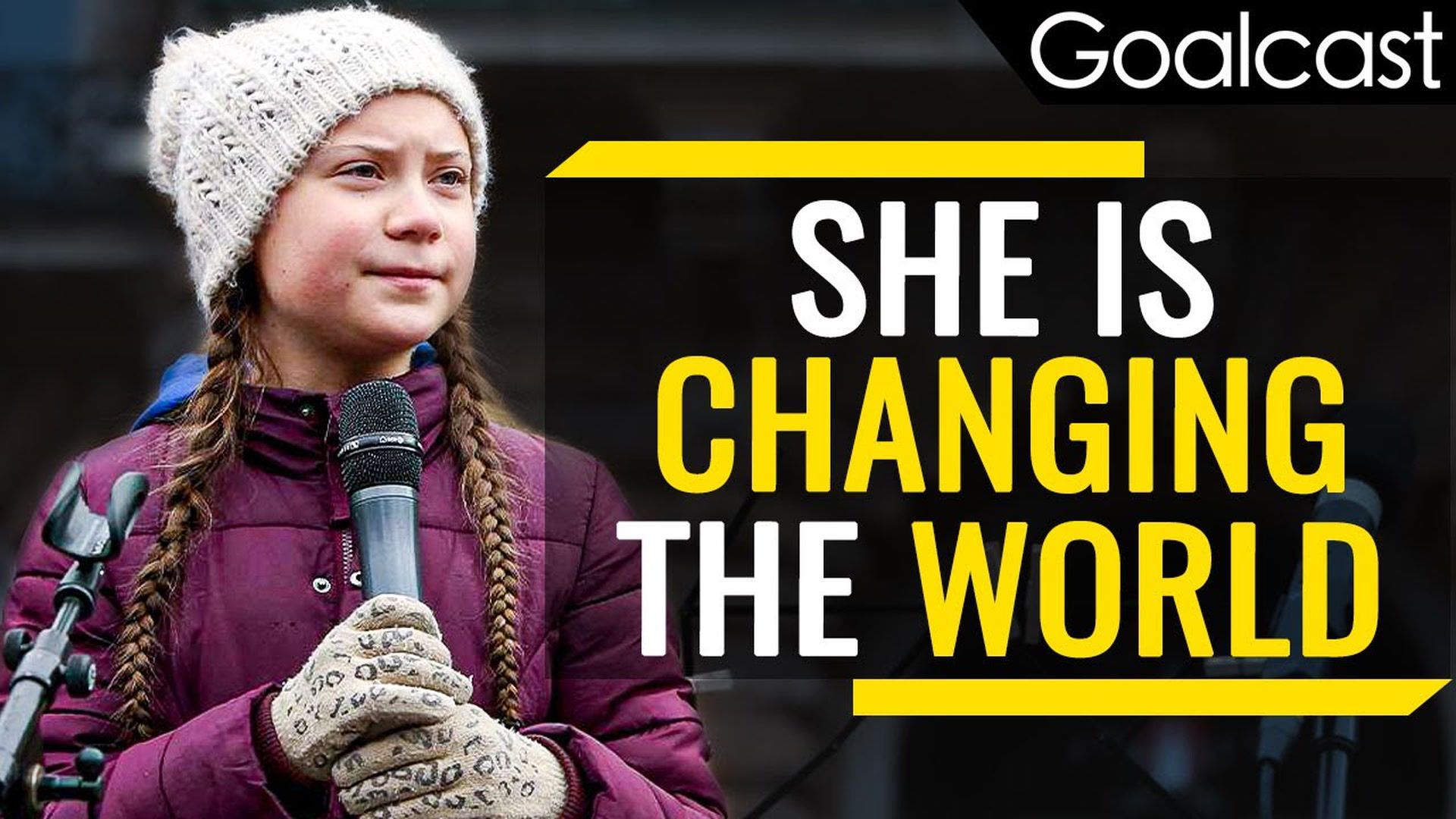Photo by Hannah Busing on Unsplash
A community is so much more than people sharing a space. It's a living, breathing network of connections and shared experiences. While it's usually defined as “a group of people living in the same place or having a particular characteristic in common,” true community runs much deeper than that.
Diversity
Keep ReadingShow less



































